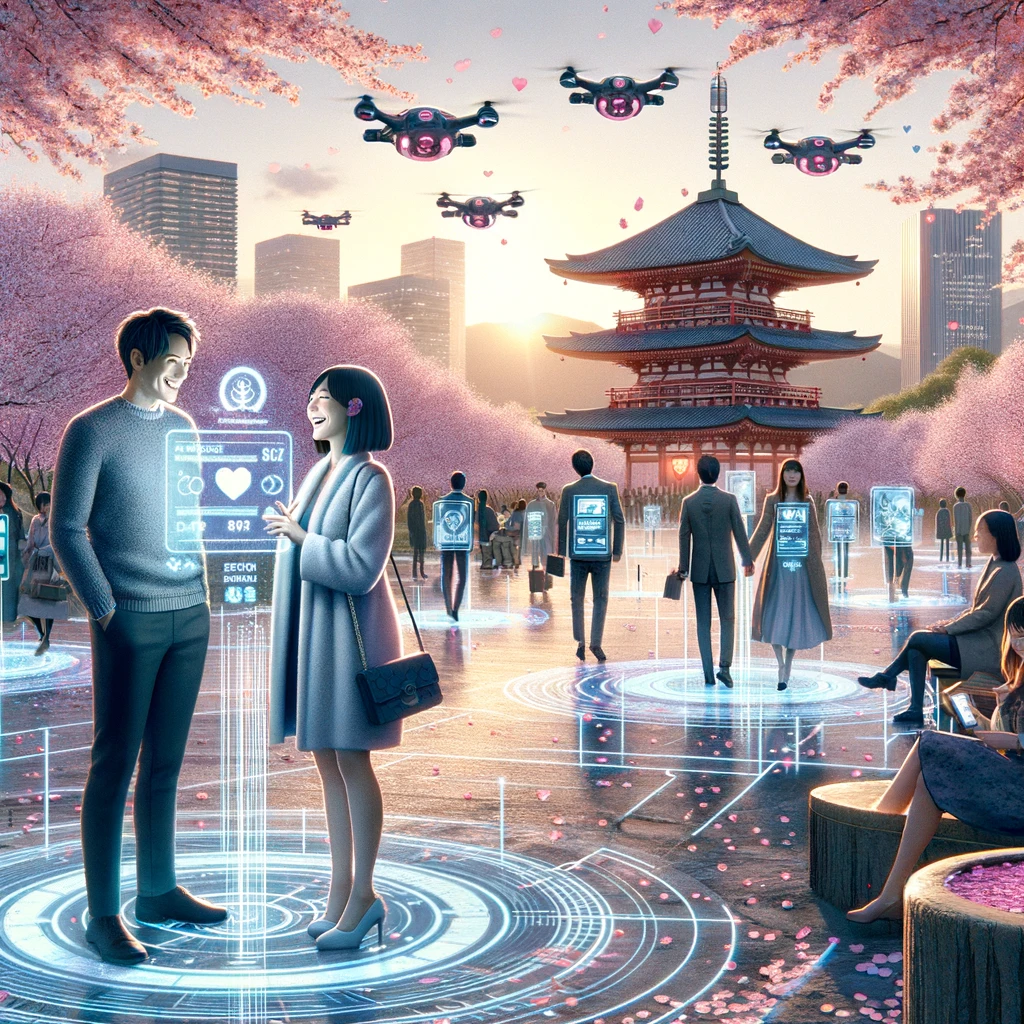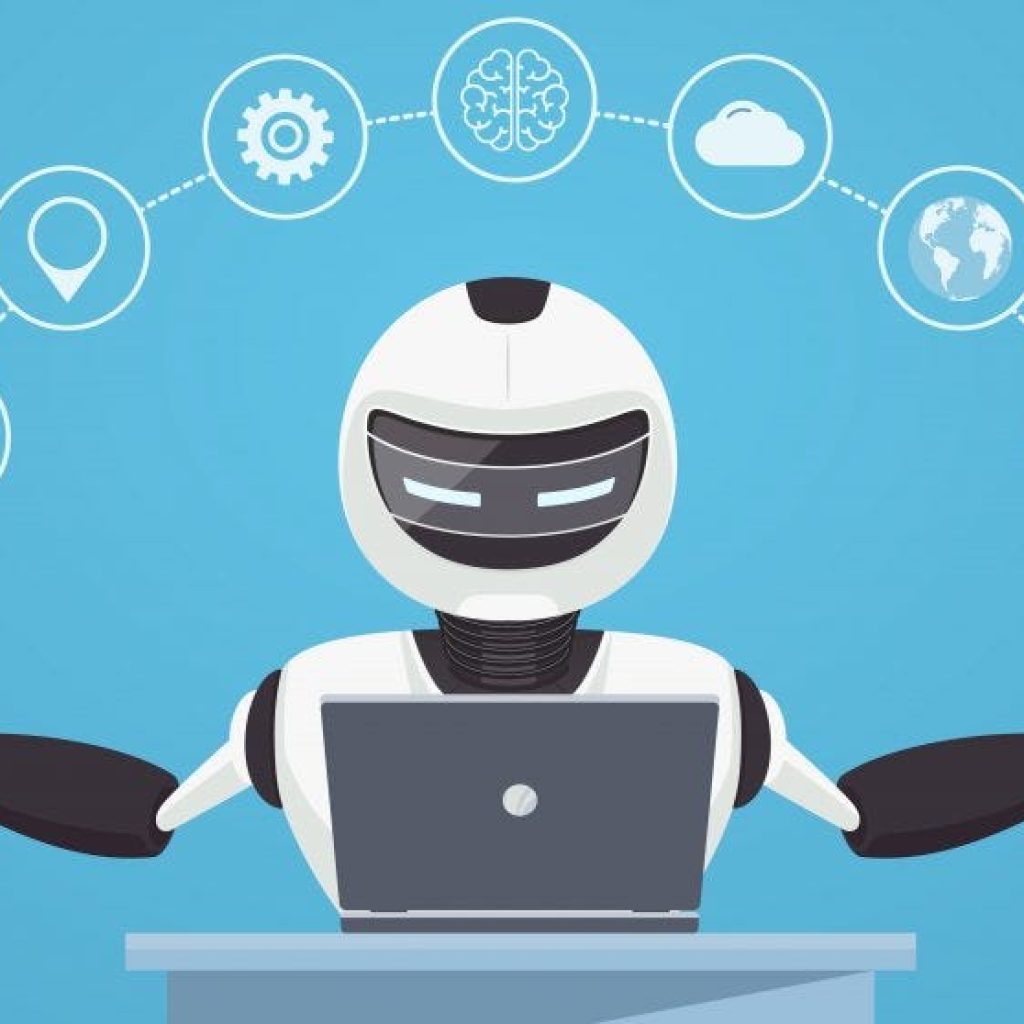In response to Japan’s dwindling marriage rates and the consequent impact on its population demographics, local governments across the nation have embarked on an innovative approach to catalyze romantic connections among its citizens. Leveraging artificial intelligence (AI), these authorities aim to reverse the declining trend in marriages, enhancing the social fabric and addressing the broader concerns of an aging population.
AI: The new matchmaker on the block
Recent years have seen a noticeable shift in Japan’s approach to matchmaking. Traditional “konkatsu” or marriage hunting events are being augmented with AI technologies to sift through potential matches with greater precision. This method not only increases the likelihood of compatible pairings but also introduces individuals to potential partners they might not have considered otherwise. The integration of AI in these processes is supported by the central government, which has been providing subsidies for publicly run AI matchmaking events since fiscal 2021.
As of the end of March last year, 31 out of Japan’s 47 prefectures had adopted AI matchmaking services. These services analyze personal information and, in some cases, internet browsing histories to recommend potential partners. This modern twist on matchmaking is believed to broaden horizons, moving beyond traditional criteria such as academic background and age to foster connections based on deeper compatibility.
Success stories and expanding reach
The implementation of AI in matchmaking has yielded promising results across various prefectures. For instance, Ehime Prefecture utilizes big data to match individuals, leading to approximately 90 marriages annually with the support of the local marriage support centre. Similarly, Saitama Prefecture introduced an AI system in 2018 that has since facilitated the marriage of 139 couples. These success stories highlight the potential of AI to provide varied and meaningful encounters that may not have occurred through conventional methods.
Tochigi and Shiga Prefectures have also reported positive outcomes from their AI matchmaking initiatives. In Shiga, where an online marriage support centre was launched in response to the Covid-19 pandemic, 13 couples had decided to get married via the centre as of the end of January, with six of these matches made through AI.
Overcoming skepticism
Despite initial reservations, many individuals have embraced AI matchmaking with positive outcomes. A woman in her 30s, who met her partner through an AI service, expressed initial resistance and anxiety but ultimately found the experience rewarding. The service’s success is attributed not only to the sophisticated algorithms but also to the participants’ serious intent, underscored by a not-so-nominal registration fee of 15,000 yen (approximately US$100) for two years.
The effectiveness of these AI systems is further endorsed by experts in the field. Takeaki Uno, a professor of algorithm theory who contributed to the development of Ehime Prefecture’s system, emphasized the broadened range of potential partners and the cost-effectiveness of these public sector services compared to their private counterparts.
Looking ahead
As Japan continues to grapple with a declining birthrate and an aging population, the innovative use of AI in matchmaking represents a hopeful avenue towards reversing these trends. By facilitating more marriages, local governments aim not only to boost the birthrate but also to enrich the lives of their citizens through companionship. The success of these initiatives may serve as a model for other regions facing similar demographic challenges, demonstrating the potential of technology to address complex social issues.
Japan’s adoption of AI in the realm of matchmaking is a testament to the country’s willingness to embrace technology in solving societal challenges. As these AI-powered services continue to evolve and expand, they offer a beacon of hope for a nation in search of sustainable solutions to its demographic dilemmas.





